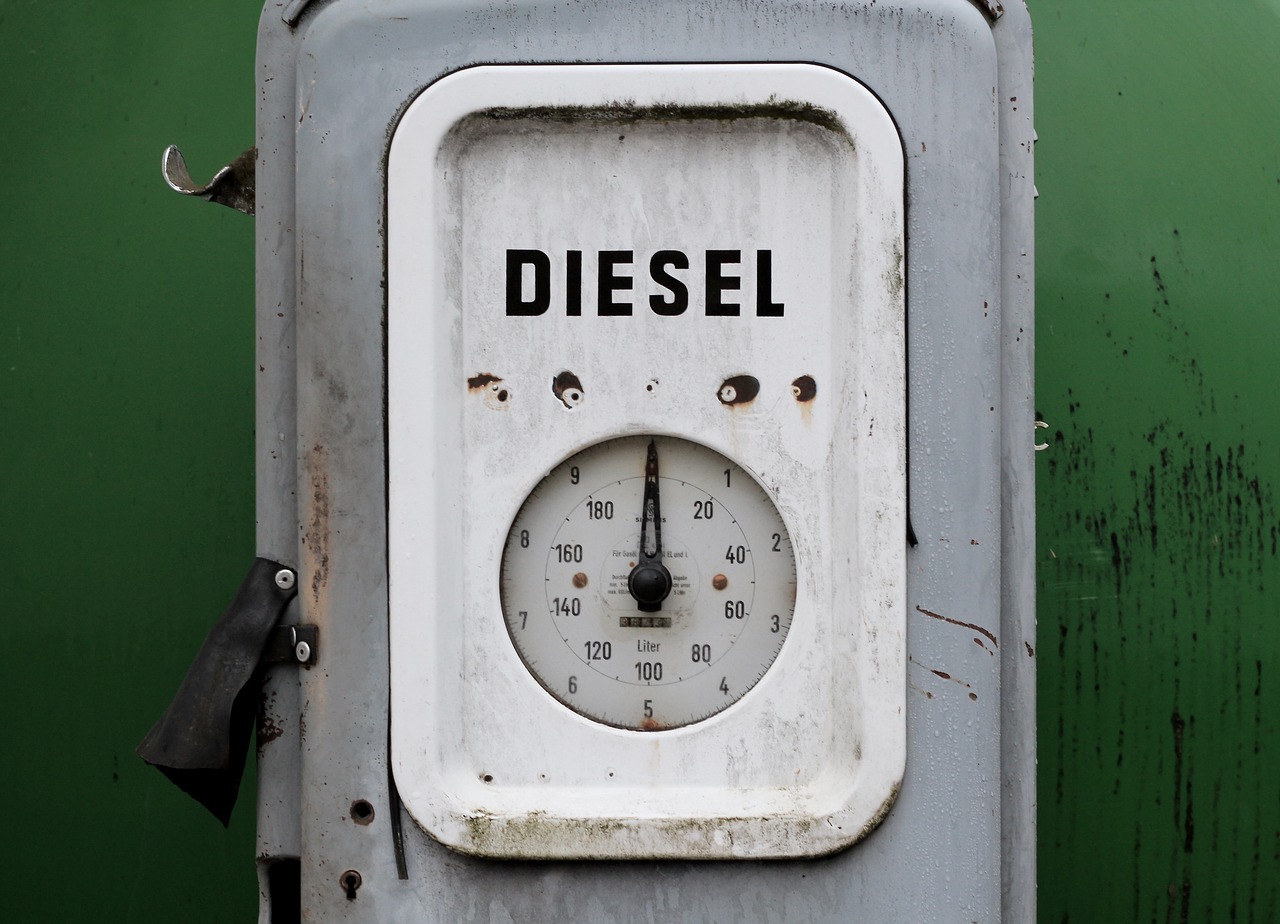What Exactly is in Jet Fuel, and Can I Use it in My Diesel?
By on Jul 31st 2017
Here's some fuel for thought: what's being pumped into the underbellies of the giant jets that fly us around the world?
Furthermore, if you're looking to power up some of your own toys, you might be wondering if you can use it in your car or any other fuel-powered devices.
Here's everything you need to know on the matter.
Avgas and Jet Fuel. What's in the stuff?
There are actually a few different forms of aviation fuel. We've covered
biofuel before, so we'll focus on avgas and jet fuel here.
Avgas is used specifically in spark-ignited internal combustion engines. This type of aviation fuel is made up largely of alkylate-a mixture of isooctane. This fuel has remained largely unchanged since the 1940s and still contains tetraethyllead, giving the fuel a high octane rating.

The ranging grades of avgas account for the different levels of lead in the fuel. And still today, many airplane engines are only compatible with fuels containing led.
Jet fuel, which is made up of hydrocarbons, is in planes running on gas-turbine engines, and there are three different types: Jet A, Jet A-1, and Jet B.
The biggest difference between A and A-1 is their freezing point; Jet A freezes as −40 °F while Jet A-1 freezes at −53 °F. On the other hand, Jet B is used for cold weather performance but is rarely used because it is dangerous to work with.
Can I use it in my truck?
So, some people have this idea that they can use Jet-A fuel in their diesel engines.
Not the best idea, people.

This fuel is made specifically for airplanes, and there is a reason that led was phased out of the fuel we use in our cars. Even though some older cars have engines that can handle the led in aviation fuel, it's not recommended that you use the same fuel that powers these massive planes.
There are still some big differences between diesel and Jet-A. For starters, there's a higher level of sulfur and other additives-including cetane, and the cetane number-in Jet-A than is allowed in your diesel. This could lead to fines and may even damage your engine.
While it would probably work well enough to power your car, it wouldn't give you the performance you want in the long run. At the end of the day, it's just best to use the fuel that's made for your vehicle, no matter how strong the temptation is to give jet fuel a try.
And just as you shouldn't use jet fuel in your truck, you shouldn't use
automotive engine oil in aircraft piston engines, either.
Interested in learning more about jet fuel? Learn about how airplanes are fueled here!
Sources:
https://en.wikipedia.org/wiki/Jet_fuel
https://en.wikipedia.org/wiki/Aviation_fuel
https://en.wikipedia.org/wiki/Avgas
https://generalaviationnews.com/2011/03/17/jet-a-versus-diesel-fuel/







